Since the severing of ties with the Alila brand in June 2020, the old mill has been run independently by Chan and Yang, but they have now earmarked it as the launch property of a heritage-focused hospitality brand built around “nature, terroir, presence and aura” – Aurua.
The restoration of the sugar mill was carried out with respect for its origins. When I meet Chan and his wife, Irene, in the 1969 Bar, which was the cane pressing workshop and is named for the year in which production began at the mill, he explains that the redevelopment took 11 years because they did not want to be rushed into making mistakes.
As such, even political slogans painted on the walls have been retained: “Steadfast struggle, diligent nation building”, arrivals are reminded before they enter the reception area, which was once the factory’s power station.
Elsewhere, what used to be the sugar refinery and the pump house are now a restaurant and a private dining room, respectively, and the boiler room has been turned into a library.
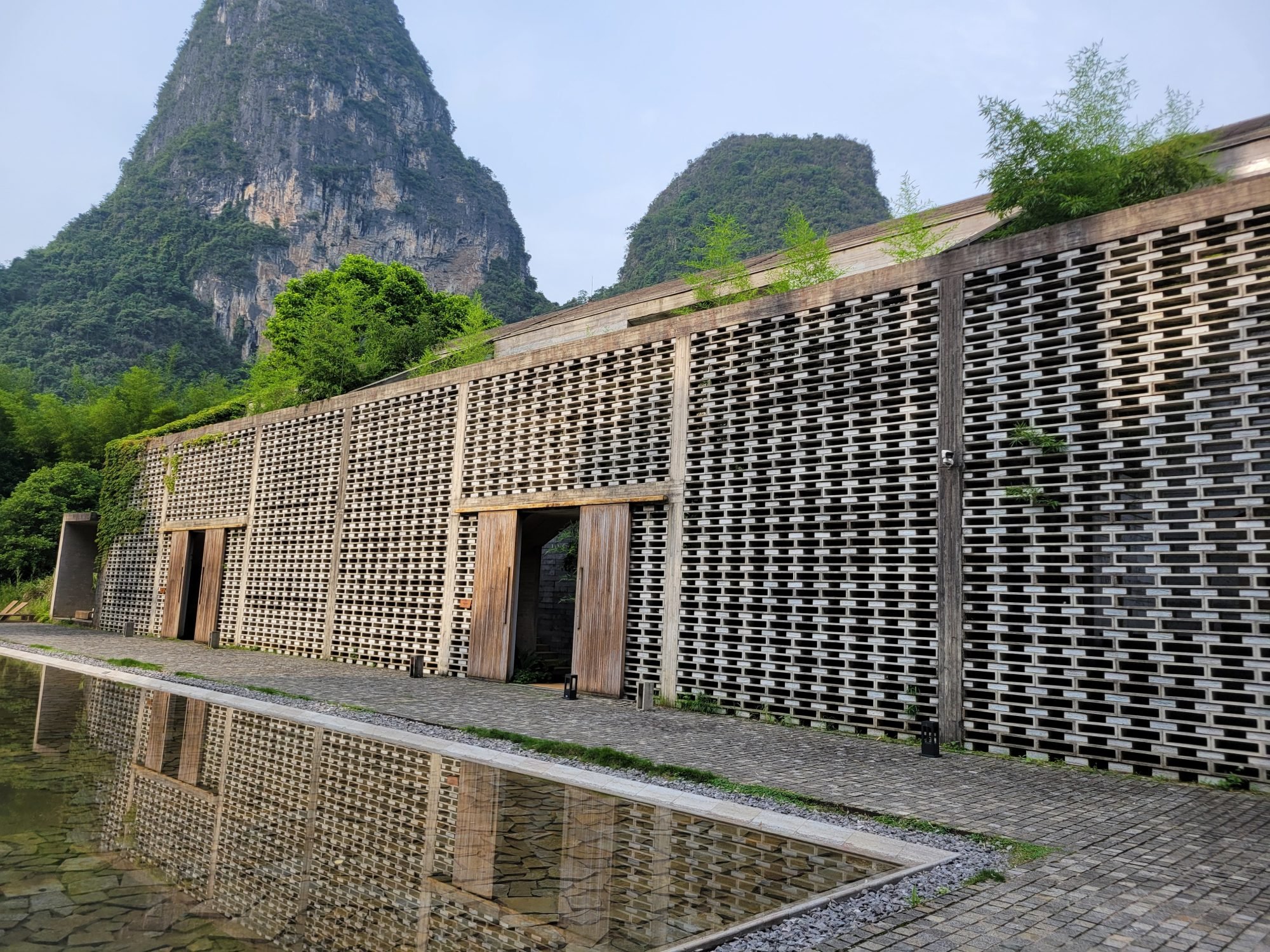
Next to the river stand a pair of pillars, what is left of the warehouse and loading area. Barges would offload raw cane and pick up processed sugar products here.
Today, the concrete trusses provide a majestic framing for the resort’s swimming pool – although to Hu Xiao, an artist from Shanghai who is wrapping up his residence during our stay, they represent a Greek temple, as is apparent from the watercolour he is working on.
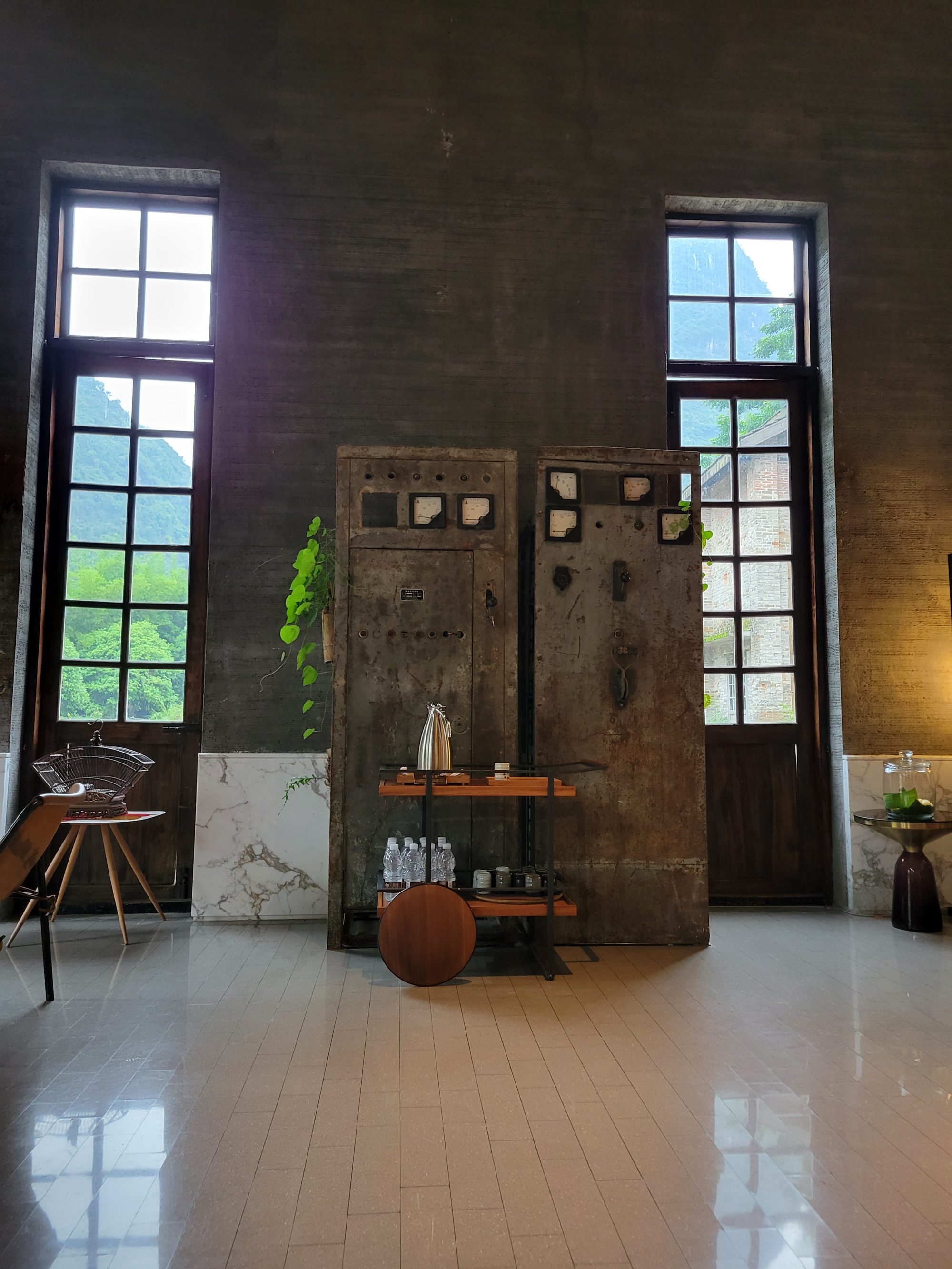
In 2002, with older, polluting factories being decommissioned as the local economy embraced tourism, the sugar mill was shut down and left idle.
Abandoned machinery still stands throughout Sugar House. Steel contraptions, whose specific use one can only guess at – cane press? Molasses centrifuge? – are thought-provoking, and can thus be considered as art.
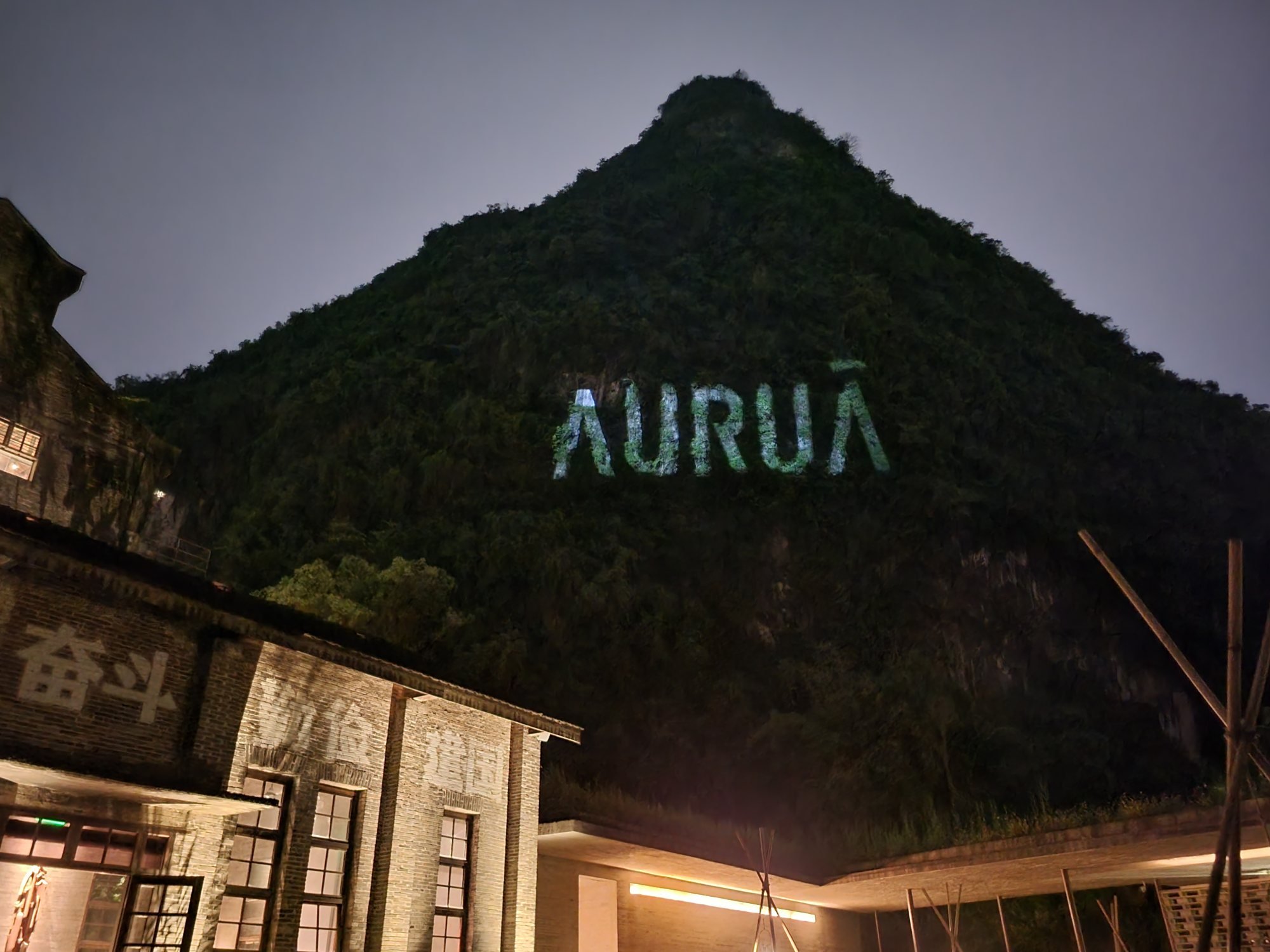
In myriad ways, the resort is allowed to reflect on its past. General manager Li Hua says that the most difficult part of her job is to explain the unique features of Sugar House to guests. Why, for example, should the complex be shrouded in near complete darkness at night?
The answer, she says, is that it is important to let the brick buildings speak their own language – and once the sun goes down, they do not have all that much to say.
When the project was launched almost 20 years ago, the development of a heritage resort was not an obvious choice. Chinese tourists wanted to visit Paris or New York, not former rural production units.
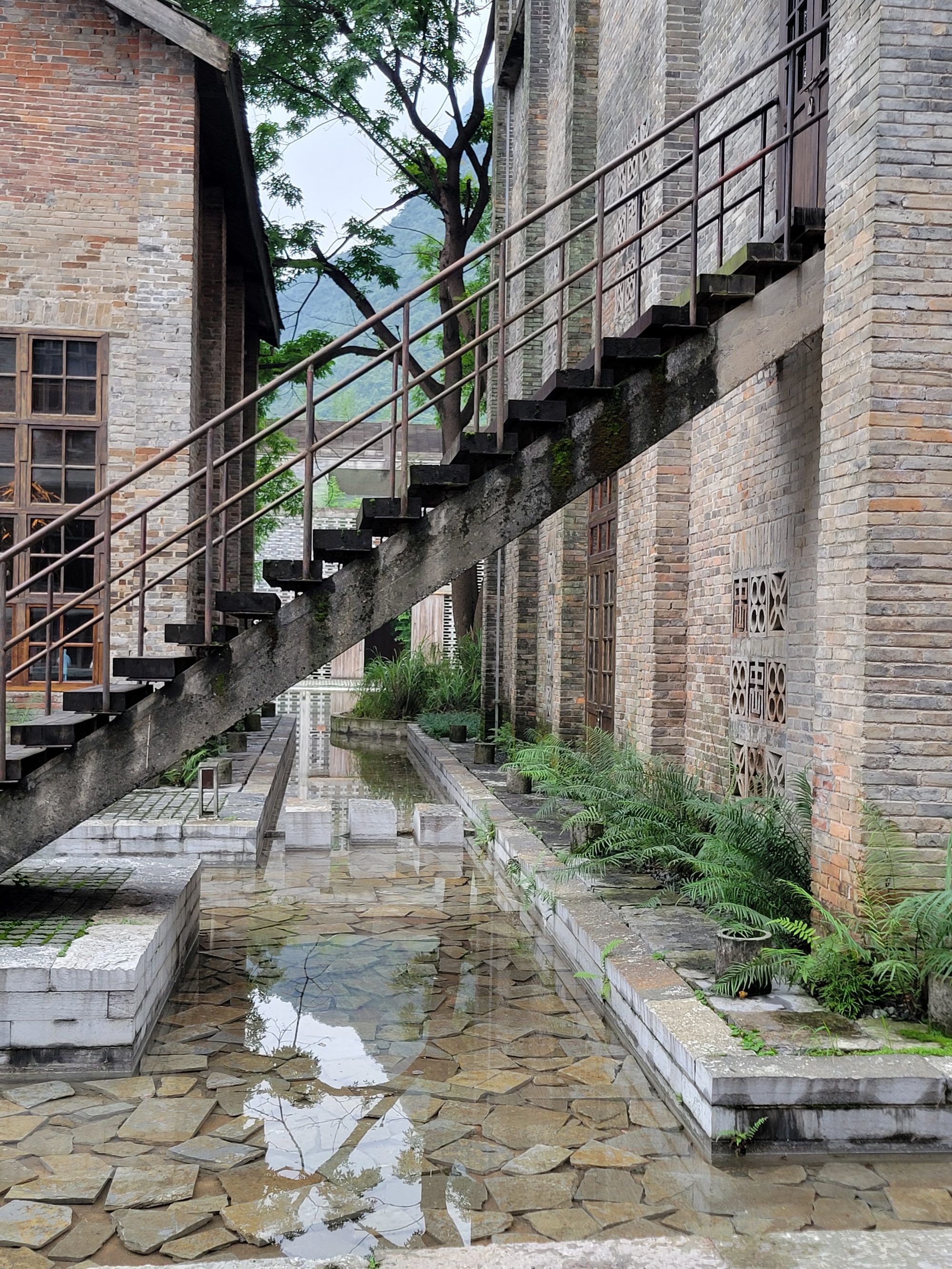
Today, though, there is interest in concepts built around Chinese tradition and heritage, and other properties being considered for the Aurua brand include a former PLA (People’s Liberation Army) base, a tea plantation and an ancestral hall, spread across Guizhou and Anhui provinces.
These are speculative for the time being and Chan knows from experience that the path from drawing board to resort launch can be a rocky one.
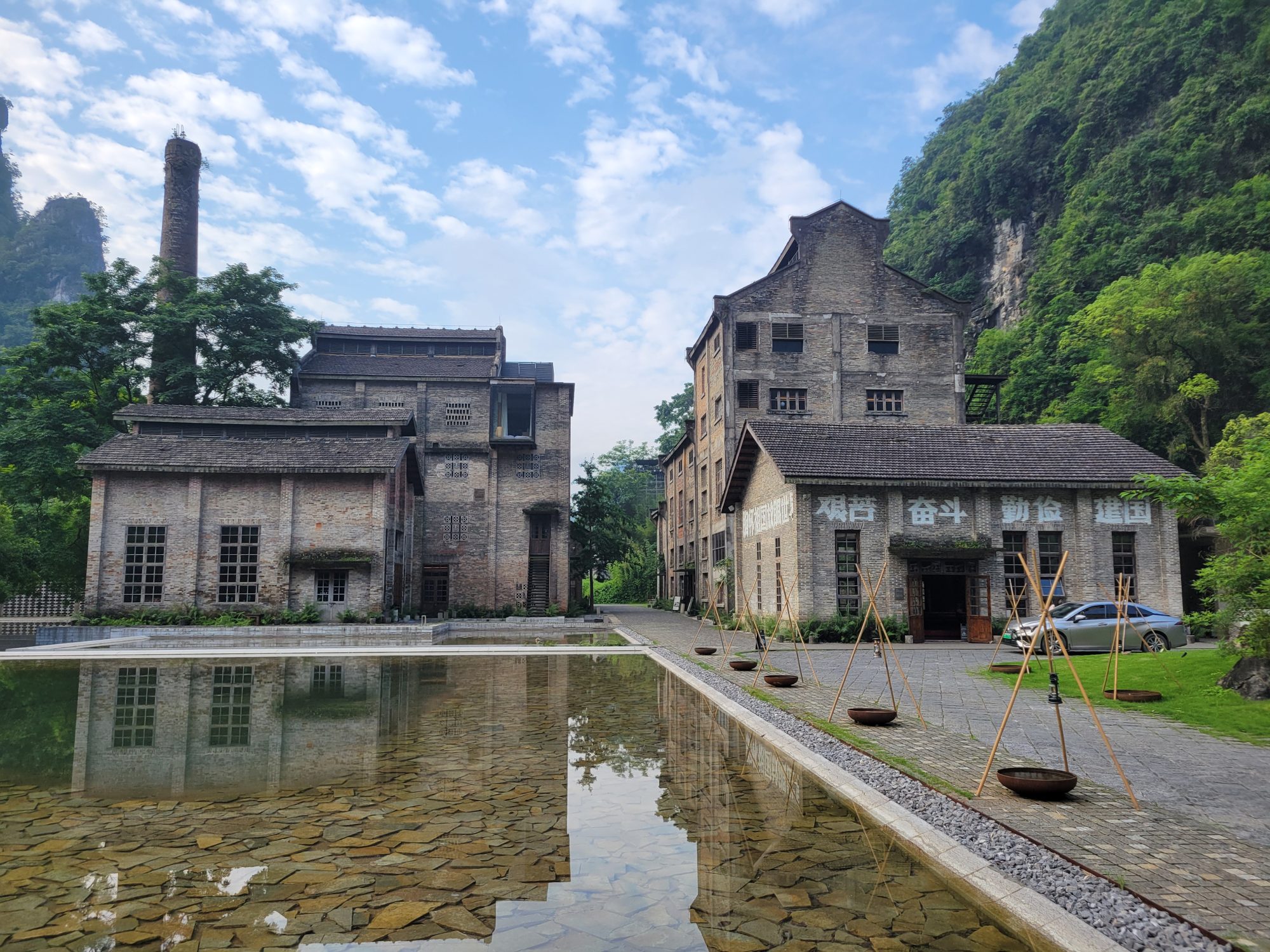
Despite being situated 13 metres (42½ feet) above the normal level of the Li River, the resort was flooded the following day. Prime hospitality real estate was transformed into a giant mud bath.
The day after it had opened, Sugar House closed; investment in flood defences was required.
Three months later, the resort was ready for its second inauguration and this time everything went without a hitch.
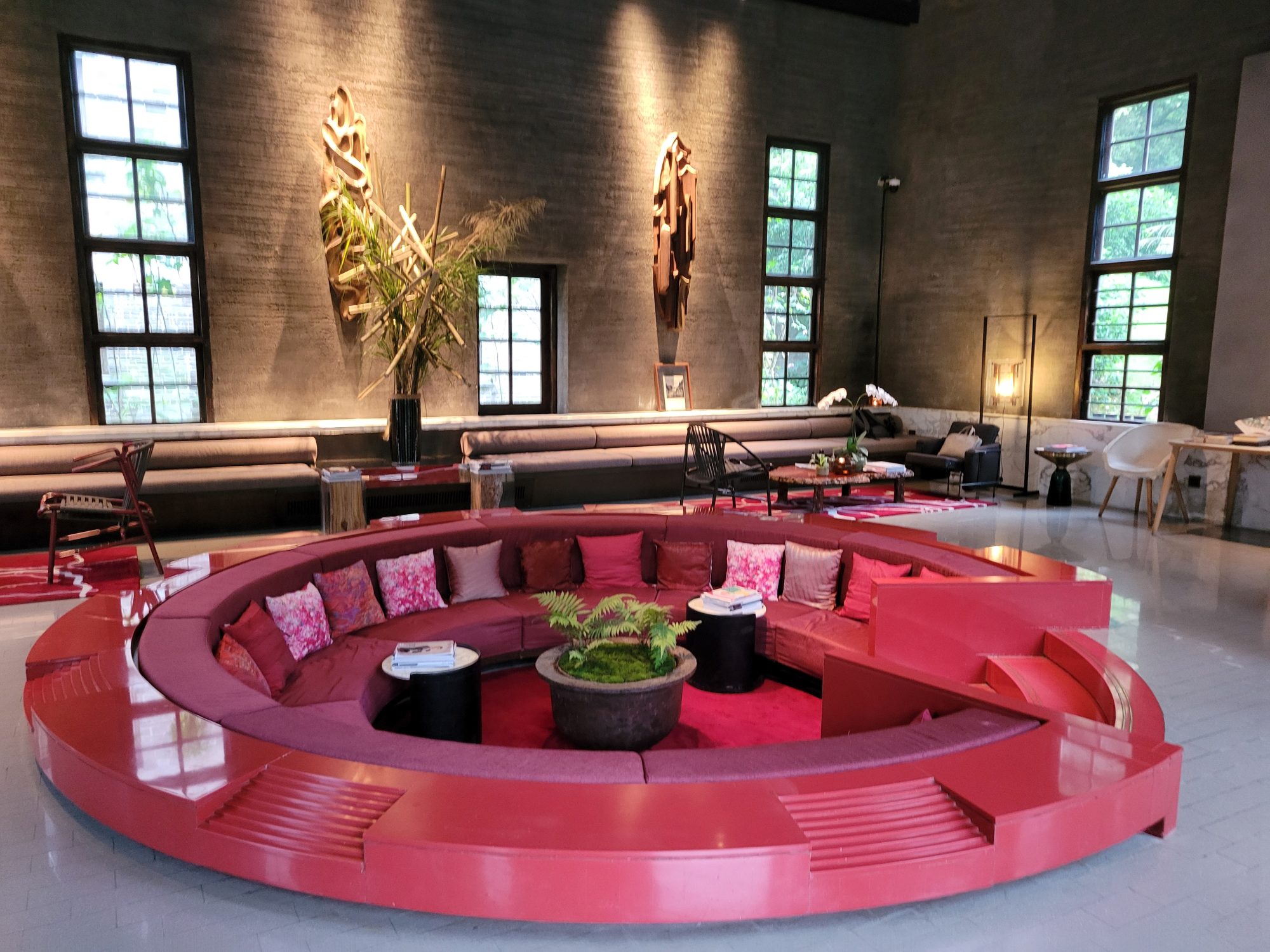
When, in 2019, the Li River flooded again, Sugar House escaped harm (as it did last month, when Guilin, of which Yangshuo is a part, experienced its worst flooding from the Li on record, following 945mm or 37.5 inches of rain in six days).
The heavens have opened again as we check out, making it look as though Sugar House’s brick walls are bidding us a tear-soaked farewell.
A hotel car delivers us to Yangshuo railway station. Laden with osmanthus tea and oils bought from the resort shop, we board the 11.54am train heading south and are back home in Hong Kong in time for dinner.






